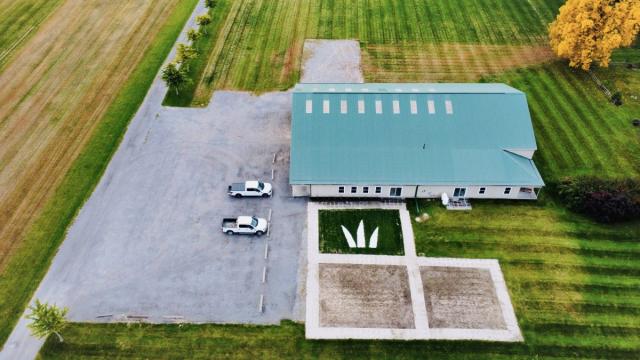DLF RESEARCH & DEVELOPMENT
GOOD SEED, GOOD HARVEST
The founding mission of DLF was to supply high-quality seeds for sustainable agricultural production. A hundred years later, our call to action remains the same: to develop seeds for a green future by ensuring greater quality and productivity in the field with fewer inputs.
DLF’s first seed trial site was established on a 7-acre farm in Denmark in 1911. Plant breeding commenced shortly after a small barn was constructed on the property, and it’s been the cornerstone of our company ever since. More than 10% of DLF employees worldwide work in R&D today.
Plant breeding involves evaluating, selecting and testing multiple generations of plant material to create new and better varieties. A new variety typically takes 7-10 years to develop, so researchers must always be looking to the future.
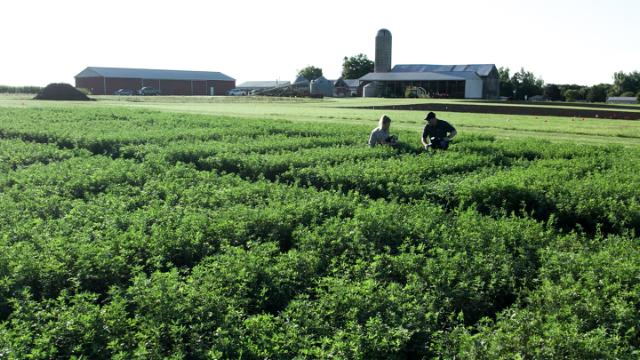
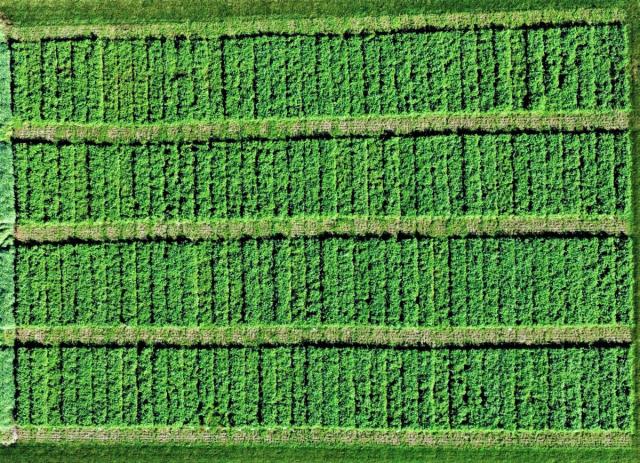
GLOBAL R&D PLATFORM
DLF has dozens of breeding and product development stations strategically positioned around the world. Our global presence allows us to react quickly to market needs, tailor products to local conditions, and stress-test our material globally to ensure performance.
Thousands of trial plots are planted each year, in hundreds of different locations, to assess the performance of new varieties against competitor products and ones currently in the market. As part of the work, DLF collaborates with leading research institutions and uses the latest technologies in artificial intelligence, remote sensing and advanced genetic analysis to make the traditional plant breeding process more efficient and precise.
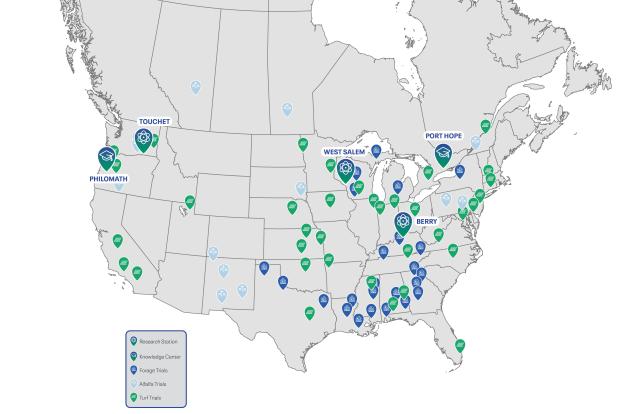
RESEARCH &
DEVELOPMENT
IN NORTH AMERICA
Philomath Product Knowledge Center Situated in Oregon’s Willamette Valley, the Philomath Product Knowledge Center highlights DLF’s broad turf and forage portfolio in one of North America’s key seed production areas. Demonstration plots cover cool-season grasses, legumes, cover crops, and trait evaluations such as drought and shade tolerance. The site plays a vital role in customer engagement, field training, and regional market development.
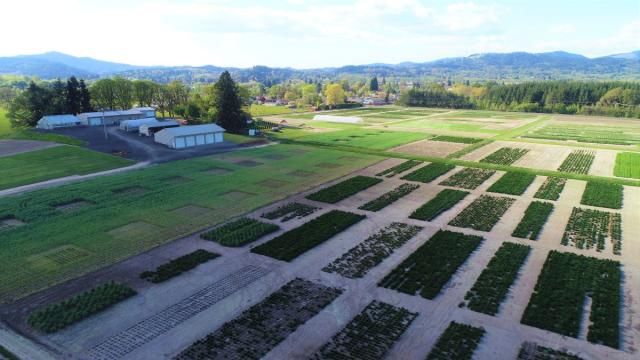
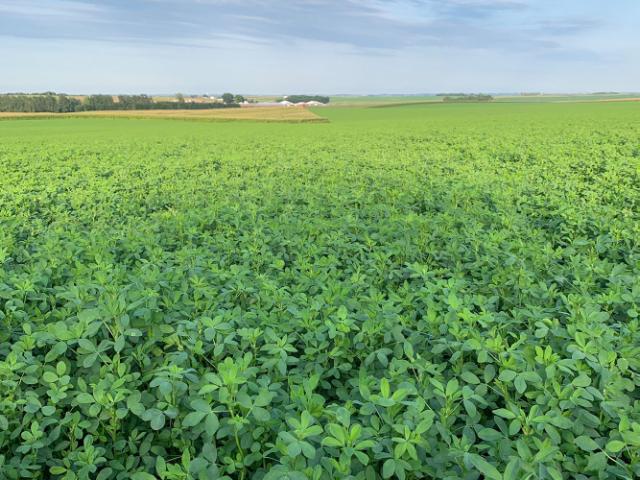
Touchet Research Station Located in Washington’s Columbia River Basin, the Touchet Research Station supports multi-species research with robust breeding programs, trait evaluations, and yield trials. As a center for R&D seed production and data-driven development, Touchet plays a critical role in advancing DLF’s next- generation turf and forage solutions.
West Salem Research Station The West Salem Research Station supports turf and forage product development across North America. The site features yield trials, selection nurseries, and a dedicated pathology lab for disease resistance screening. With its capacity for high-quality data collection and multi-environment testing, West Salem helps ensure new varieties meet the performance needs of diverse markets.
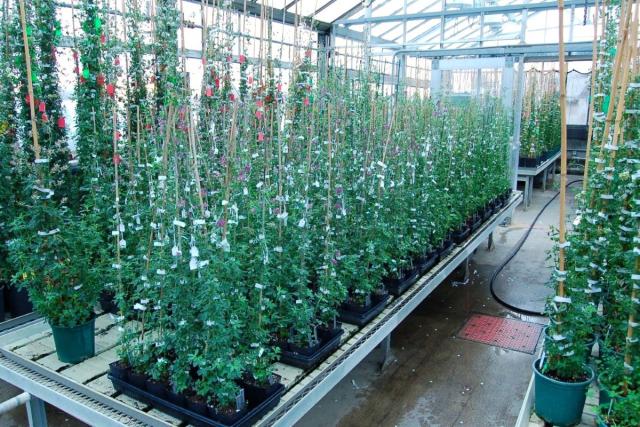
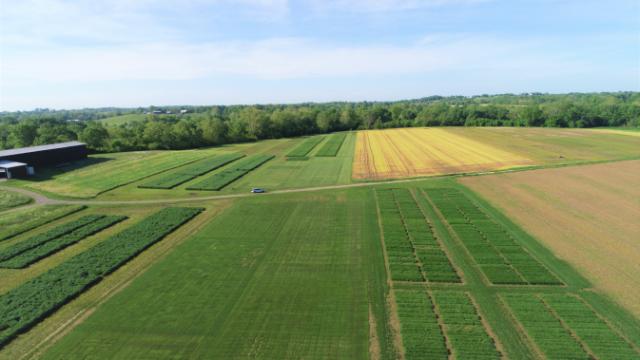
Berry Trial Site consists of 9,000 trial plots (8,000 turf and 1,000 forage). The hot and humid environment is optimal for evaluating disease tolerance, specifically gray leaf spot, brown patch and summer patch. The research team also collects data on forage yield and quality.
Port Hope Product Knowledge Center is home to Canada’s most comprehensive private forage testing program, featuring multi- species, replicated trials to ensure only the best-adapted varieties move forward to commercialization. In addition to forage, the site includes demonstration trials for turfgrass and hybrid corn, delivering valuable insights into performance, adaptability, and regional relevance. It also plays a critical role in customer training, sales enablement, and technical outreach through field events and continuous data collection.
